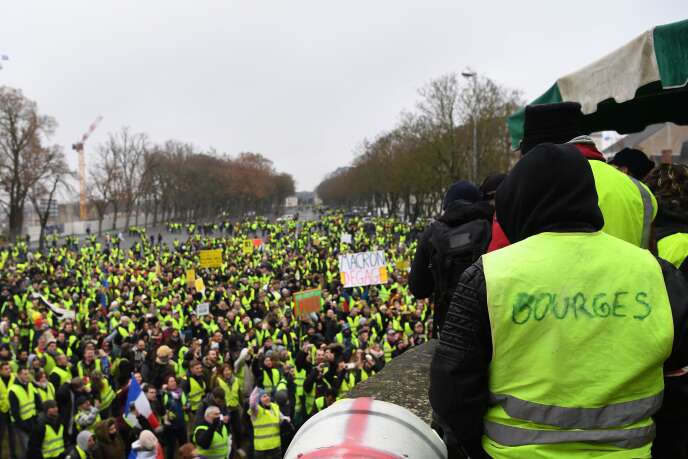Those differing "operational environments" are precisely the problem when it comes to the G36, not the rifle itself, say defense and weapons commentators in and outside of Germany.
"There is absolutely nothing wrong with this rifle," said Heinz Schulte, former Jane's Defence Weekly correspondent who now oversees the Griephan international security publication, in an interview with DW.
"The debate going on right now about the 'technical faults' of the G36 is frightfully misinformed," said Schulte, with reference to the fact that the assault rifle was designed, constructed and sold to the Bundeswehr at a time when soldiers engaging in suspended firefights was inconceivable.
"This is comparable to a young man who, as a bachelor, bought a two-seater convertible and now complains that he has a family and they don't all fit into that car!"
Schulte was also skeptical that the G36 would be completely phased out, arguing that a more sensible option would be to update the assault rifle and keep it for operations in which suspended fire is highly unlikely.
"If you fire a machine gun, anybody with any technological sense knows that the barrel has to be changed because the friction of rapid fire makes it
too hot. With an assault rifle like the G36, you can't change the barrel, so making a gun like this the standard issue for all military scenarios is simply old thinking."
The Good Friday ambush back in 2010, the starting point for the current debate, led to days of mourning at home
Will the German army jump to a different company for its new rifle? No, said Schulte, explaining there will most likely be a mix of different guns that do justice to the many scenarios in which Bundeswehr soldiers currently find themselves in.
For paratroopers such as those who got caught in the Good Friday ambush in 2010, there will most likely be two options, both Heckler & Koch, said Schulte:
"For situations where intensive fire is needed, it will either be the HK 416 or HK 417, depending on the caliber needed."


 and perhaps even defend the use of it due to its lack of accuracy, thus saying that it is a non-lethal weapon.
and perhaps even defend the use of it due to its lack of accuracy, thus saying that it is a non-lethal weapon.